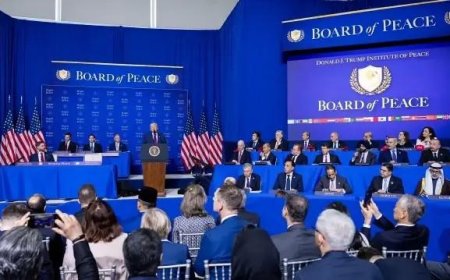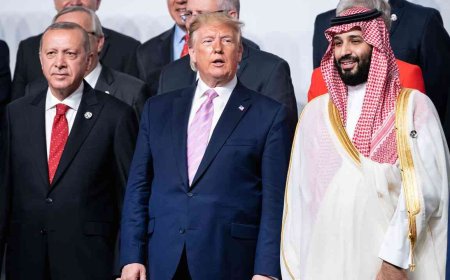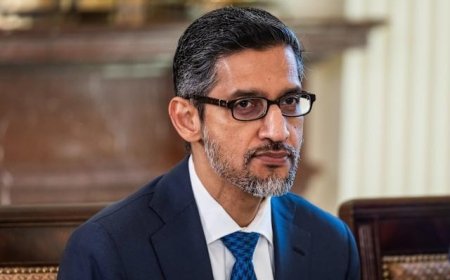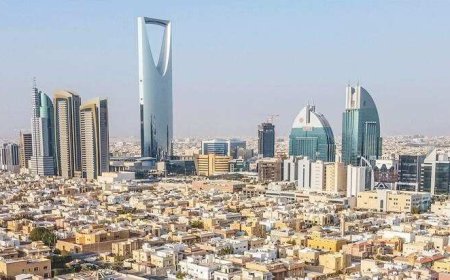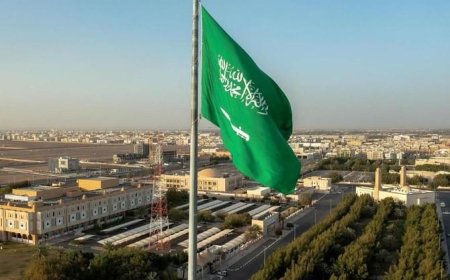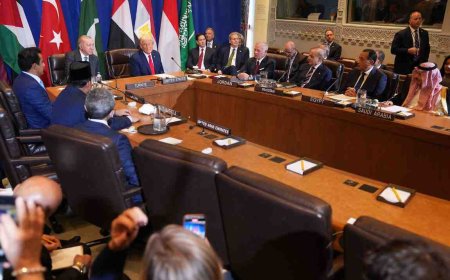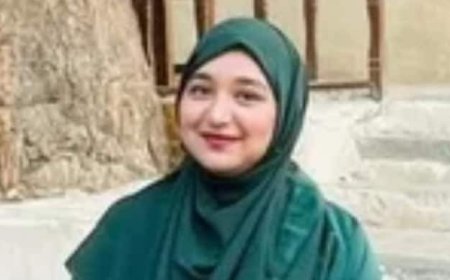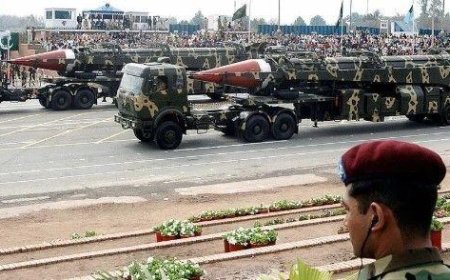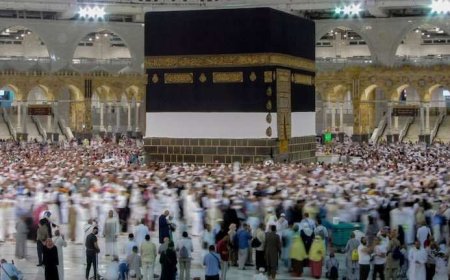Saudi Crown Prince Mohammed bin Salman to Meet Trump at White House to Discuss Abraham Accords and Defense Pact
Saudi Crown Prince MBS to meet President Trump on Nov 18, 2025. Key agenda: Saudi Arabia joining the Abraham Accords & a major new US-Saudi defense pact. Analysis inside.
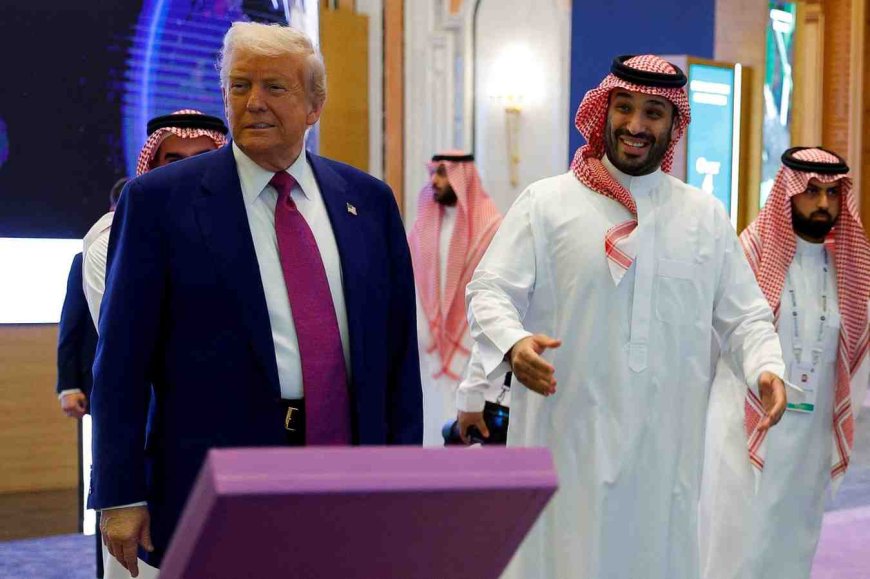
Saudi Crown Prince Mohammed bin Salman to Meet Trump at White House, Abraham Accords & Defense Pact on Agenda
WASHINGTON, D.C. – In a high-stakes diplomatic move, Saudi Arabia's Crown Prince Mohammed bin Salman is scheduled to meet with President Donald Trump at the White House on November 18, 2025, a White House official confirmed. The formal working meeting is poised to be a pivotal moment for U.S.-Saudi relations, with two landmark objectives at the forefront: potentially bringing Saudi Arabia into the Abraham Accords and finalizing a major new U.S.-Saudi defense agreement.
This visit builds on significant diplomatic momentum, underscored by President Trump's visit to Riyadh in May 2025, which resulted in a massive $142 billion arms package. The November summit is widely seen as an effort to convert that transactional energy into a lasting strategic realignment.
The Push for Saudi-Israeli Normalization
A central and highly anticipated topic will be Saudi Arabia’s potential accession to the Abraham Accords. While nations like the United Arab Emirates and Bahrain normalized relations with Israel in 2020, the Kingdom has held a firm public position, linking any such move to tangible progress toward Palestinian statehood.
President Trump has expressed public optimism that a deal can be reached. "I believe they will join," Trump stated in a recent interview, signaling that this will be a top priority for his administration. Successfully integrating the world's leading Arab nation and guardian of Islam's holiest sites into the Accords would represent a historic foreign policy achievement, fundamentally reshaping the Middle East peace process.
Forging a "Robust" U.S.-Saudi Defense Pact
Beyond diplomatic normalization, sources indicate that both nations are deep in discussions over a far-reaching bilateral security agreement. According to reports from the Financial Times, the potential pact is being described as "robust" and could be finalized during the Crown Prince's visit.
Insiders suggest the agreement may be modeled on the U.S. pact with Qatar, which commits Washington to view an attack on its partner as a threat to its own security. For Riyadh, key demands include enhanced security guarantees against regional threats and guaranteed access to more advanced U.S. weapons systems. This move is analyzed as a strategic effort by Saudi Arabia to lock in long-term U.S. commitment amid perceived regional instability and shifting American foreign policy priorities.
A Strategic Pivot in U.S.-Saudi Relations
The timing of this meeting is critical. It occurs against a backdrop of renewed efforts to stabilize Gaza and revitalize regional cooperation frameworks. For the United States, securing a deeper alliance with Riyadh is key to reinforcing its influence in the Gulf and countering rival powers like Iran and China.
For Saudi Arabia, the visit is a strategic opportunity to achieve two primary goals: securing a powerful, formalized defense umbrella from its traditional ally and gaining a leading role in any future regional peace architecture, potentially on terms favorable to its own vision for the Palestinian state.
While a White House official cautioned that "the details are in flux," the meeting undeniably marks a potential watershed. The U.S.-Saudi relationship, long defined by a simple "oil-for-security" dynamic, is evolving into a more complex partnership encompassing arms cooperation, intelligence sharing, and joint diplomatic ambitions.
The world will be watching on November 18 to see if this high-level diplomacy can turn ambitious goals into a concrete new chapter for the Middle East.
What's Your Reaction?









